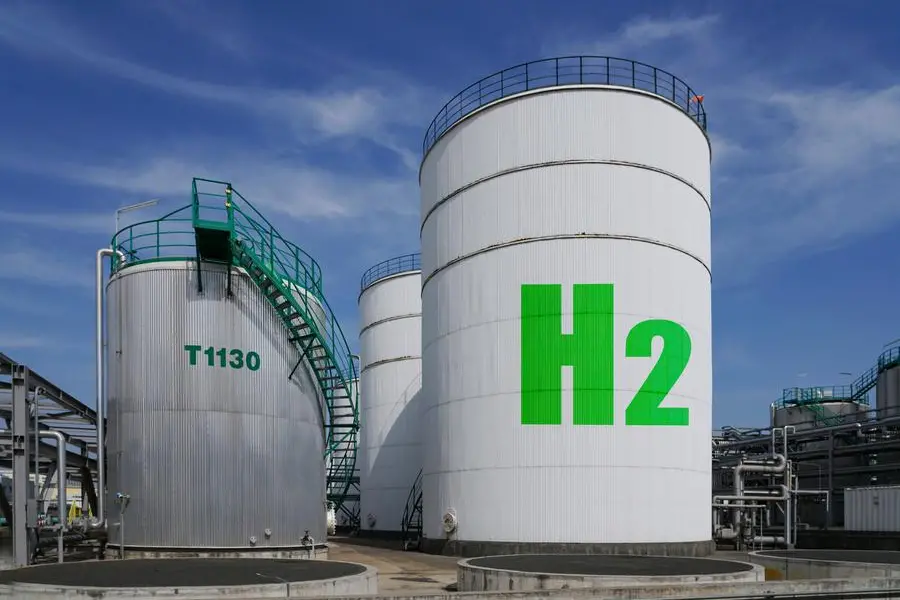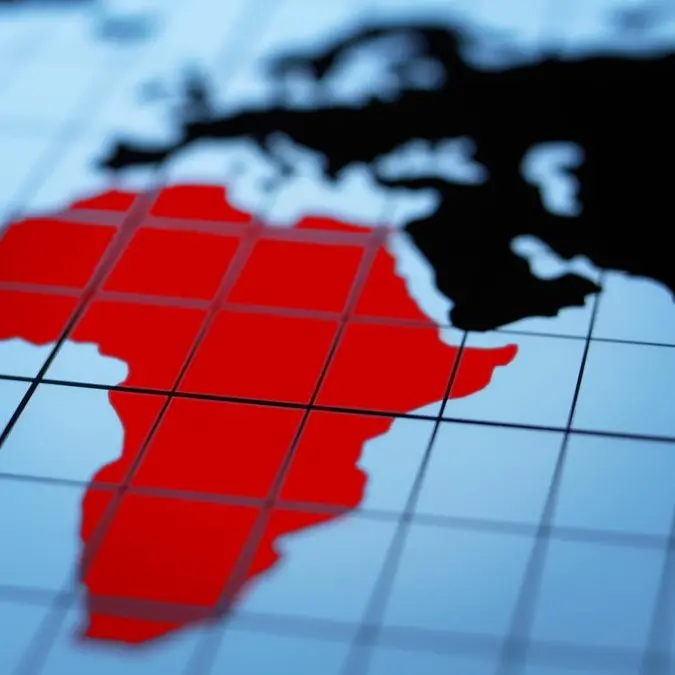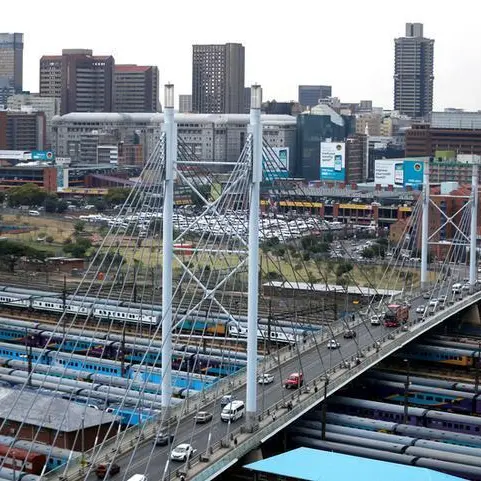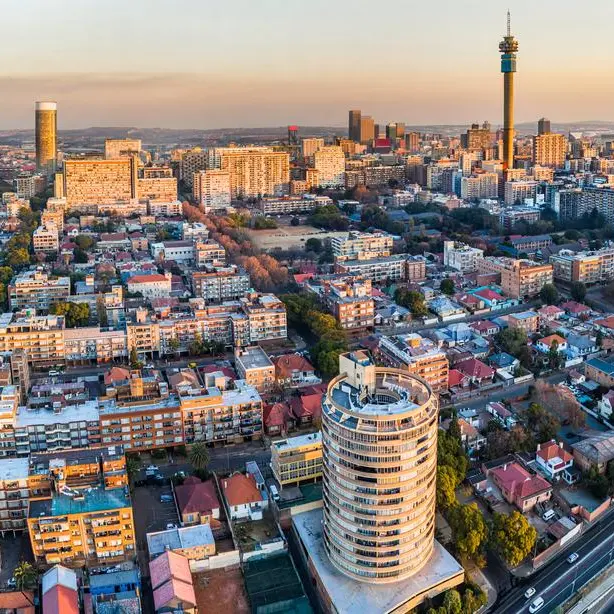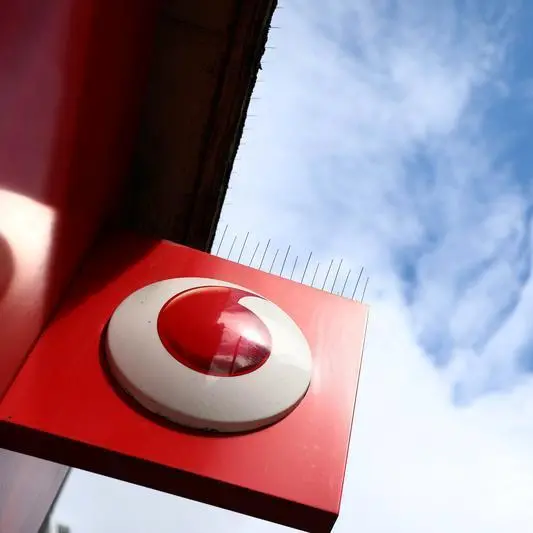PHOTO
Tunisia is able to export 5.5 million tonnes to 6 million tonnes of green hydrogen to Europe by 2050, said Director General of the Electricity and Energy Transition at the Ministry of Industry, Mines and Energy Belhassen Chiboub.
This quantity would represent Tunisia's share in Europe's planned imports from the region (Tunisia, Algeria and Libya) - a total of 11 million tonnes of green hydrogen), the official said as he referred to figures released by the European Hydrogen Backbone (EHB) initiative - a group of European energy infrastructure operators with a vision for a dedicated hydrogen transport infrastructure across Europe.
Tunisia has the necessary assets to produce green hydrogen at competitive costs in the short and medium run and become Europe's supplier. Tunisia has "excellent" and "complementary" renewable energies, including solar and wind power. It is also located near Europe where demand is high, Chiboub highighted.
Tunisia is planning to set up a network to transport green hydrogen from Gabès and Tataouine to the Cap-Bon region, Chiboub said, in such a way as to contribute to exporting green hydrogen to Europe.
Investment costs meanwhile require high capital requirements. The production of one million tonnes of green hydrogen requires 25 billion dollars in investments. Consequently, "Tunisia cannot bear alone these costs," he said.
Considering the shortage of water in Tunisia, a main source for the production of green hydrogen, the State intends to set up desalination plants in the south and the midland, mainly in Mahdia and Gabès.
"Today, we target desalination plants with a production capacity of 200,000 m3 of water/day so as to meet national needs in drinking water. A desalination plant with a capacity of 200 m3/day produces 8 million tonnes of hydrogen/ year," the official said.
© Tap 2022 Provided by SyndiGate Media Inc. (Syndigate.info).
